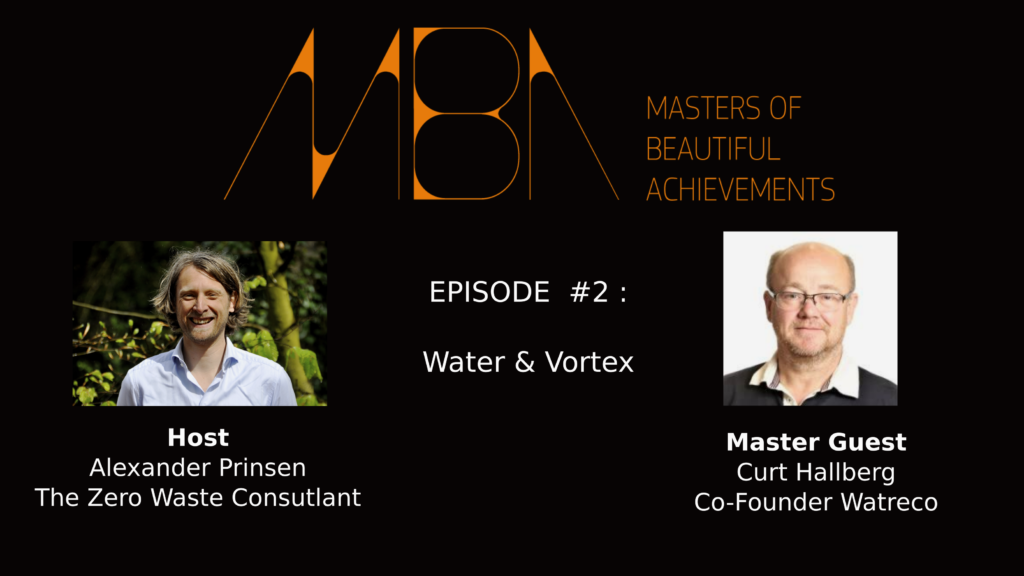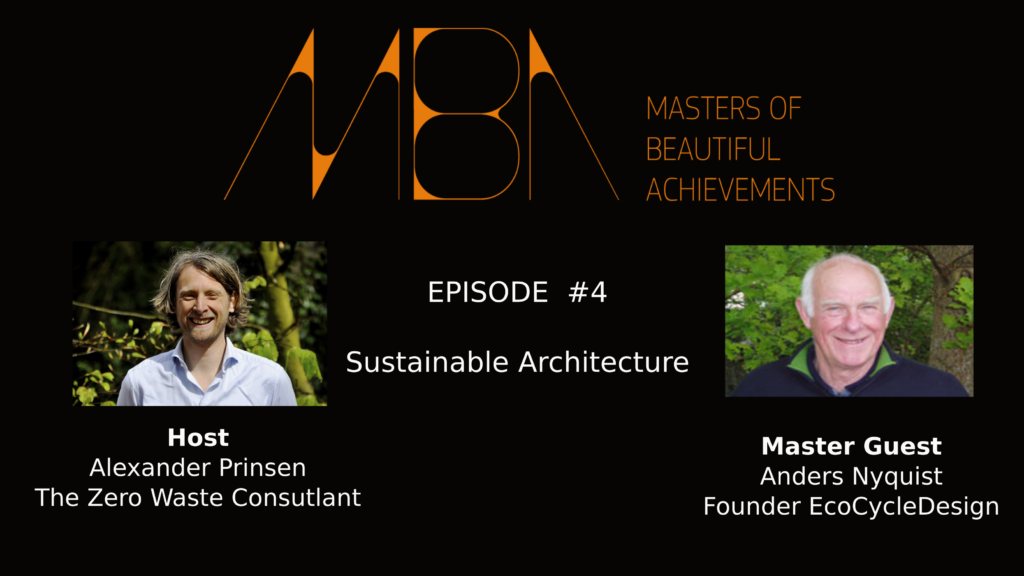In this episode of Masters of Beautiful Achievements, Alexander Prinsen engages with Henk Jelle Reitsma, founder of RiskSphere, to explore the intersection of climate change, risk management, and personal leadership. Henk shares his unique journey from neuropsychology to risk management, emphasizing his experiences in regulatory risk and climate risk.
We discuss how the banking industry traditionally approaches climate change, highlighting how it often prioritizes climate risks while neglecting biodiversity loss, which is a significant environmental issue. We combine insights on leadership, regulatory frameworks, and the complexities surrounding climate-related risks for businesses today. Effective risk management requires asking difficult questions, confronting uncomfortable realities, and utilizing innovative thinking to ensure resilience in a rapidly evolving landscape.
We look at the potential for climate risk management to be both an opportunity for growth and a necessary component for sustainability in various sectors, encouraging a proactive approach to navigating future uncertainties. Topics like the difference between regulatory risk related to compliance vs real system risks.
We also dive into how financial institutions must adapt their strategies to understand the long-term implications of climate change on their operations and investments. Henk illustrates this with real-world examples, including the vulnerability of certain regions to climate impacts and the importance of scenario analysis for businesses to navigate unforeseen challenges. As banks face pressures from changing climates, Henk warns of the need for businesses to diversify and recognize hidden risks.
Henk shares his insights about the vibrant entrepreneurial landscape and financial systems within various African countries, where innovative solutions are rapidly emerging, particularly in context to their younger populations. This landscape contrasts sharply with traditional structures found in various Western nations. We talk about the nuances of banking and financial services in Africa, highlighting that despite challenges, opportunities for development abound through effective risk management strategies tailored for local conditions. Through collaborative projects, such as climate stress testing with local institutions, insights reveal the critical necessity of adapting to environmental risks, rather than simply following legacy models. We reflect on a wider recognition of Africa’s potential to leapfrog into a new era of economic growth, mirroring historical shifts while illuminating the complexities surrounding global economic interactions rooted in demographic realities.
We talk about the concept of stranded assets and their implications in the context of climate change and economic transitions. While stranded assets might invoke fear within organizations, they can potentially be recalibrated and repurposed to stimulate new investments. The dynamics of transitional risk, where sectors may become obsolete due to environmental shifts, highlighting the importance of scenario analyses in predicting these transformations.
We explore the narratives of black swans and gray rhinos, with gray rhinos symbolizing foreseen threats that often go unaddressed. Resilience within the financial sector is emphasized, particularly regarding how banks and other institutions prepare for both physical and transitional risks. Notably, the balance between large, powerful banks and smaller, localized institutions presents a complex picture of how communities can sustain themselves during economic downturns.
Finally, the conversation hints at the need for innovative strategies and a robust banking system capable of adapting to and financing a sustainable future, which remains crucial for emerging economies facing disruptions.
My revenue model is based how you rate this episode and willing to attribute a value for the creator (me).
It goes in various names, such as Value 4 Value (Adem Curry), Gift economy (Charles Eisenstein) or Pay what you want model
In essence you let me know what you think of this episode
either being a monetary value such as a donation, or long term membership or something different.
As it is always nice to receive an acknowledgement that you enjoy what I do.
Here are some options how to support this podcast
= use![]() for a one-time or monthly donation
for a one-time or monthly donation
= use![]() for a one-time or monthly donation
for a one-time or monthly donation
= use ![]() for a one time small contribution
for a one time small contribution
In addition you can also opt for
= a 1:1 follow up conversation via gumroad.
= Join my email-list to stay updated
= Or something else, like helping me grow the podcast or other topics I haven’t thought of
I thank you for your support and enjoy the conversation![]()
![]()
![]()
![]()
![]()
![]()
![]()
![]()
Did you find this conversation interesting? Become a paid subscriber in support of the podcast. Thank you in advance.
Making podcasts requires hours preparing and editing, and it is always nice to receive an acknowledgement that you have liked what I do.  – Become a paid member of my Gumroad community
– Become a paid member of my Gumroad community
The Masters of Beautiful Achievements podcast series is where Alexander Prinsen explores natural science, innovation, systems thinking and leadership. As systemic innovation consultant at scopematters.com he helps organizations accelerate to save costs, do good and operate within the planetary boundaries.



